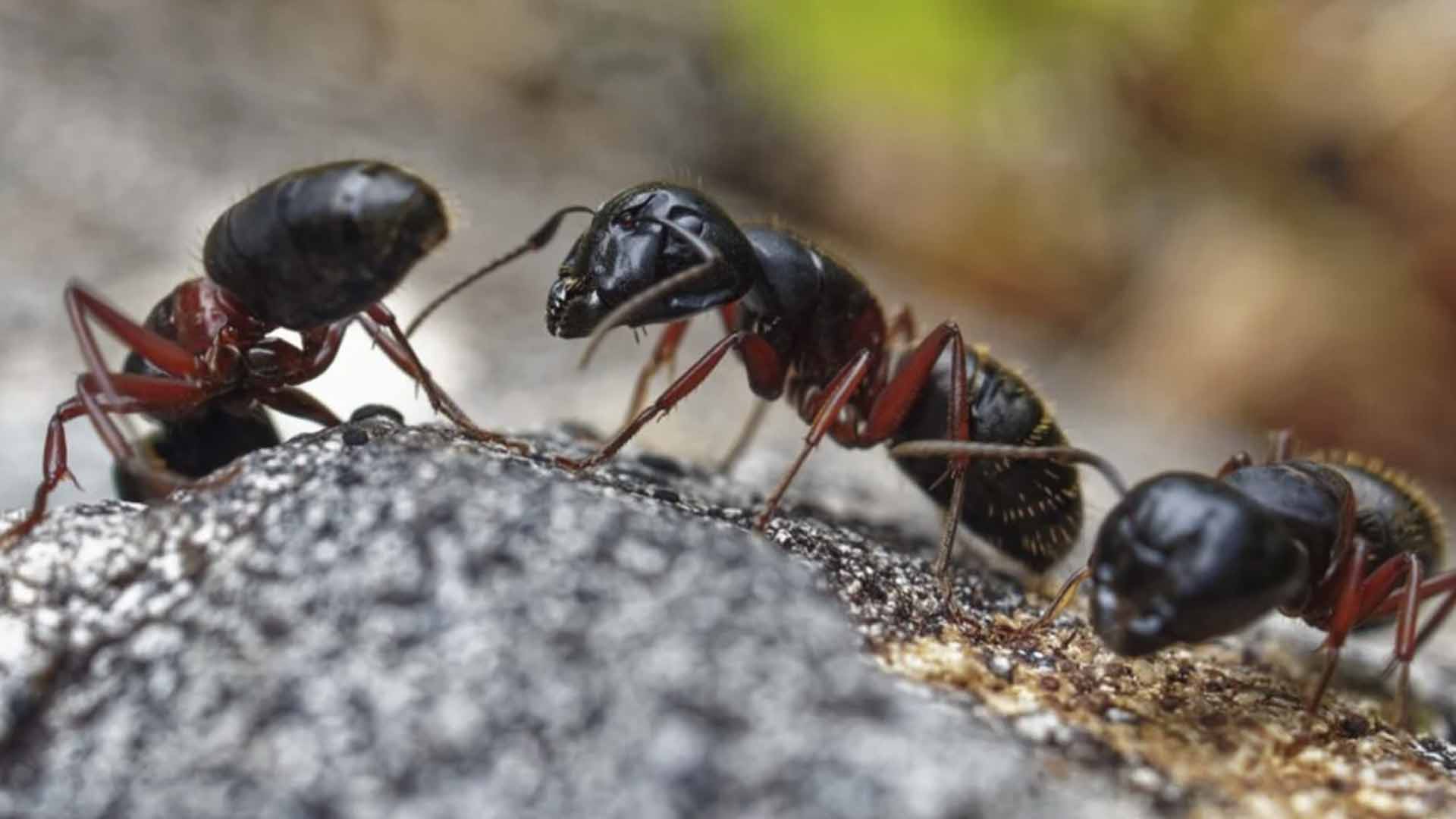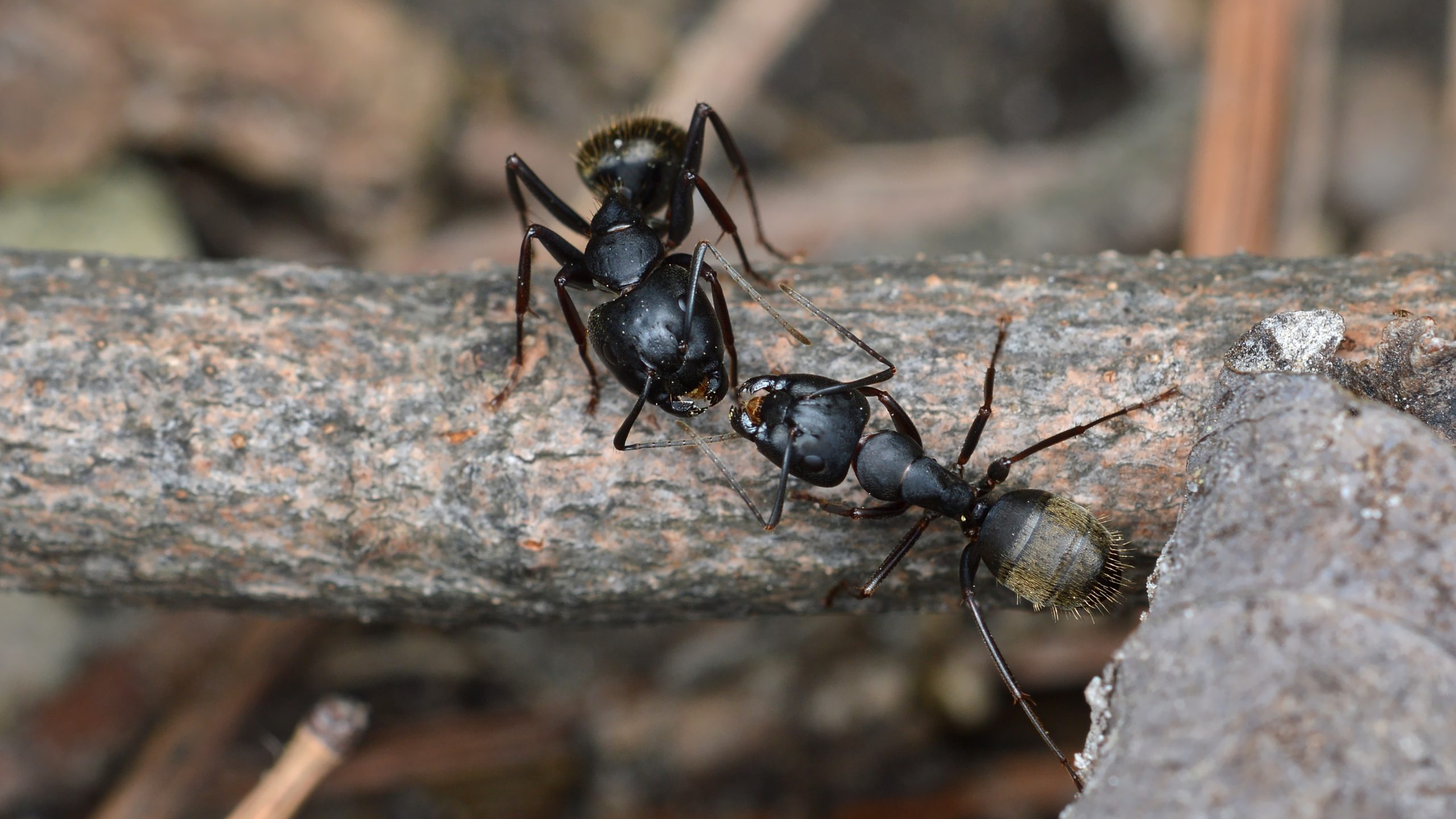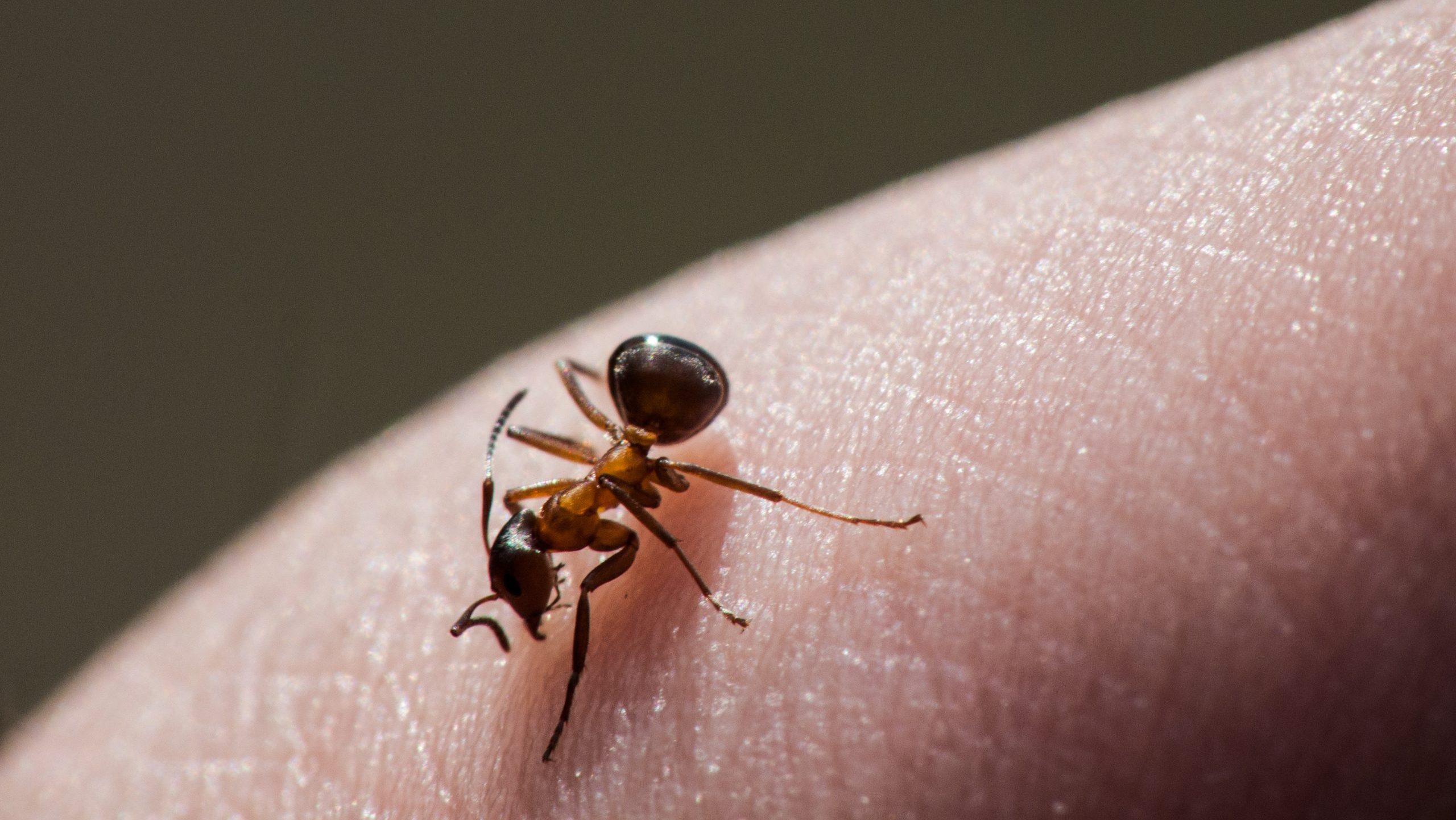Ants are tiny creatures that show various behaviors, especially their ability to survive in different seasons. As temperatures drop, many people wonder, do ants hibernate in winter like giant bears? While the answer is not straightforward, ants have unique ways to survive harsh winters. This article will explain if the ants hibernate in winter, when do ants come out of hibernation, and methods to prevent ants in the winter season.



 In some cases, ants may emerge earlier in warmer microclimates, such as sunlit garden beds or inside heated structures.
In some cases, ants may emerge earlier in warmer microclimates, such as sunlit garden beds or inside heated structures.
 Prevention techniques might not be enough if you’re already dealing with an ant infestation in your home. Our pest control professionals provide a customized solution to protect your home effectively.
Prevention techniques might not be enough if you’re already dealing with an ant infestation in your home. Our pest control professionals provide a customized solution to protect your home effectively.

Do Ants Hibernate?
The short answer is no—ants do not hibernate in the traditional sense. Instead, they enter a state of diapause, a form of dormancy that allows them to conserve energy and survive unfavorable conditions. What is diapause? Unlike true hibernation, diapause is a temporary pause in development and activity. Ants reduce their movement and metabolic rate to conserve energy. Why don’t ants hibernate? Unlike mammals, ants do not store fat to survive the winter. Instead, they rely on collective preparation within their colonies. Visit our Species, Control, and DIY Guide sections for additional resources on ants and ways to tackle an ant infestation.When Do Ants Hibernate or Enter Diapause?
Ants typically enter diapause when environmental conditions signal the arrival of winter. These triggers include:Ant Behavior During Cooler Months
-
Dropping Temperatures: As temperatures fall below 50°F (10°C), ants retreat to their nests.
-
Reduced Daylight Hours: Shorter days signal the need to conserve energy.
-
Temperate Regions: In temperate regions, ants begin diapause in late fall.
-
Tropical Climates: In tropical climates, some ant species remain active year-round, as conditions rarely drop to extreme levels.


Not getting a solution?
Get your free pest control estimate today!How Do Ants Survive During Winter?
Ant colonies rely on preparation and teamwork to endure the cold months. Here’s how they manage: Ants burrow deep underground to find stable temperatures, sometimes as much as 6-10 feet below the surface. Many species stockpile food in their nests before winter begins. Worker ants cluster around the queen to conserve heat and energy. They remain almost motionless during this period. The soil, leaves, and debris above their nests help maintain a consistent temperature.When Do Ants Come Out of Hibernation?
Ants emerge from diapause in the early spring when conditions improve. Their return to activity is determined by:Ant Activity During Warmer Months
-
Rising Temperatures: When temperatures consistently exceed 50°F (10°C), ants become active.
-
Increased Food Availability: With blooming vegetation and returning insects, ants resume foraging to replenish their food stores.

5 Tips to Prevent Ants in Winter
Tips to Prevent Ant Infestations
-
Seal entry points.
-
Store food properly.
-
Eliminate moisture.
-
Keep trash tightly sealed.
-
Trim plants near the house.





